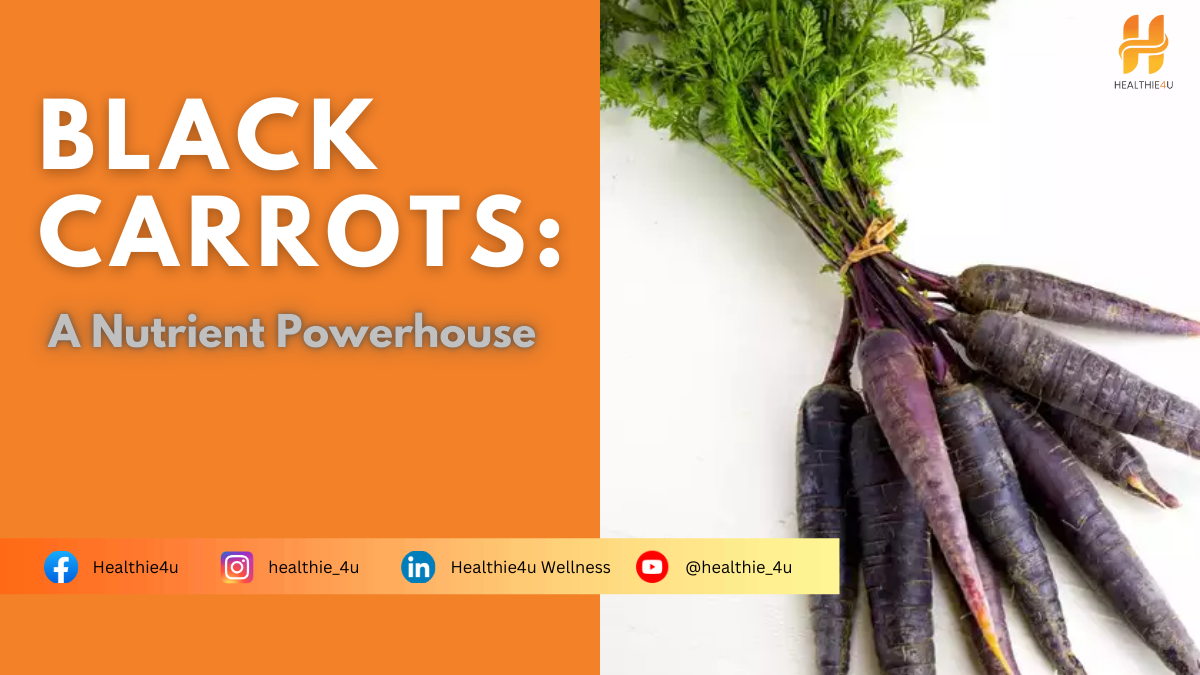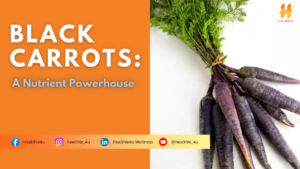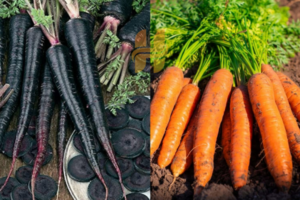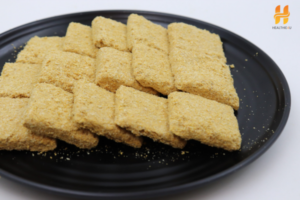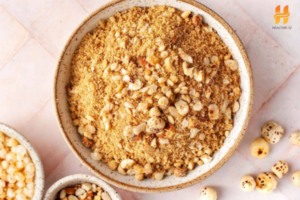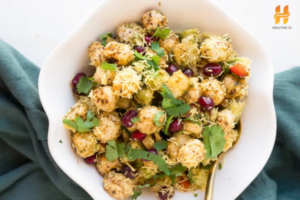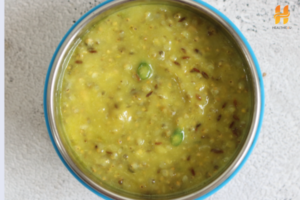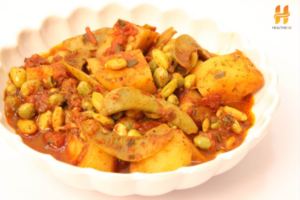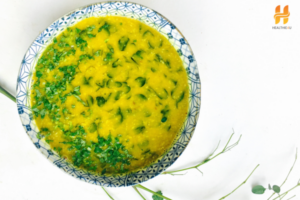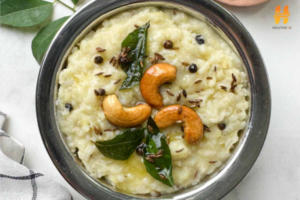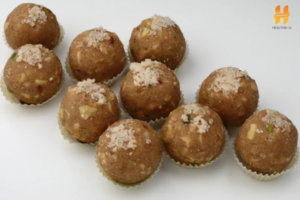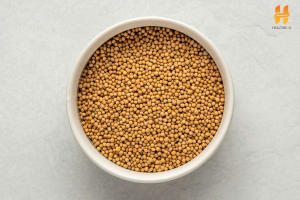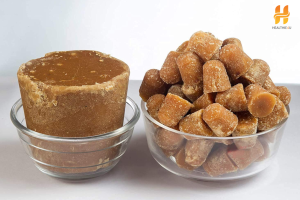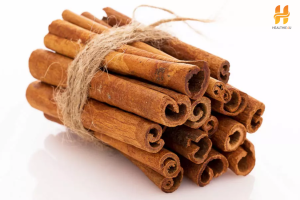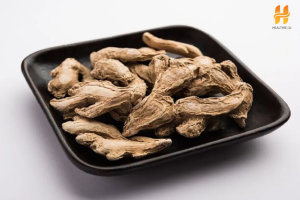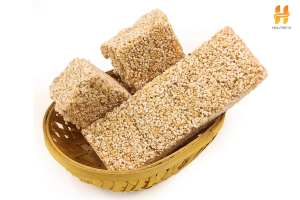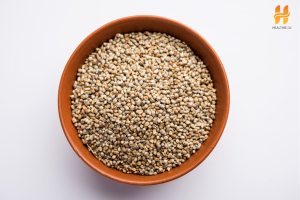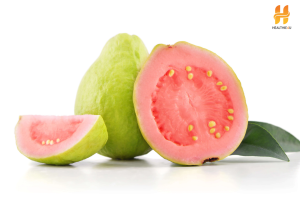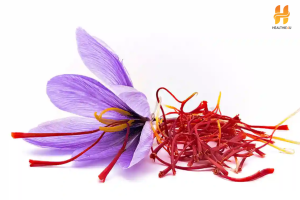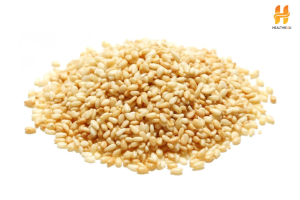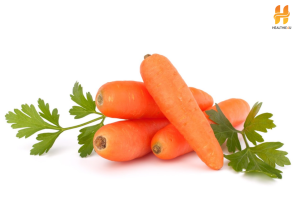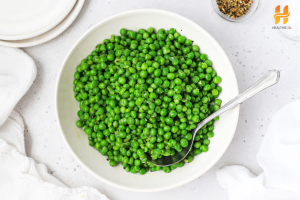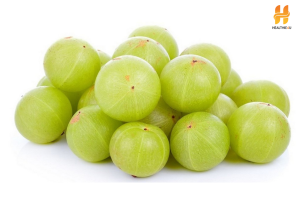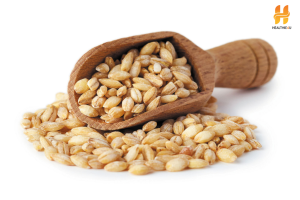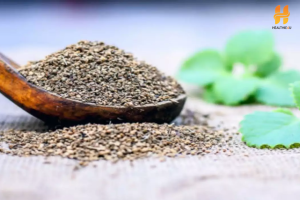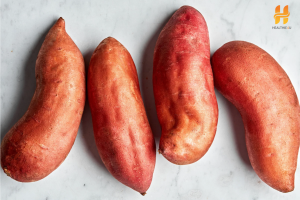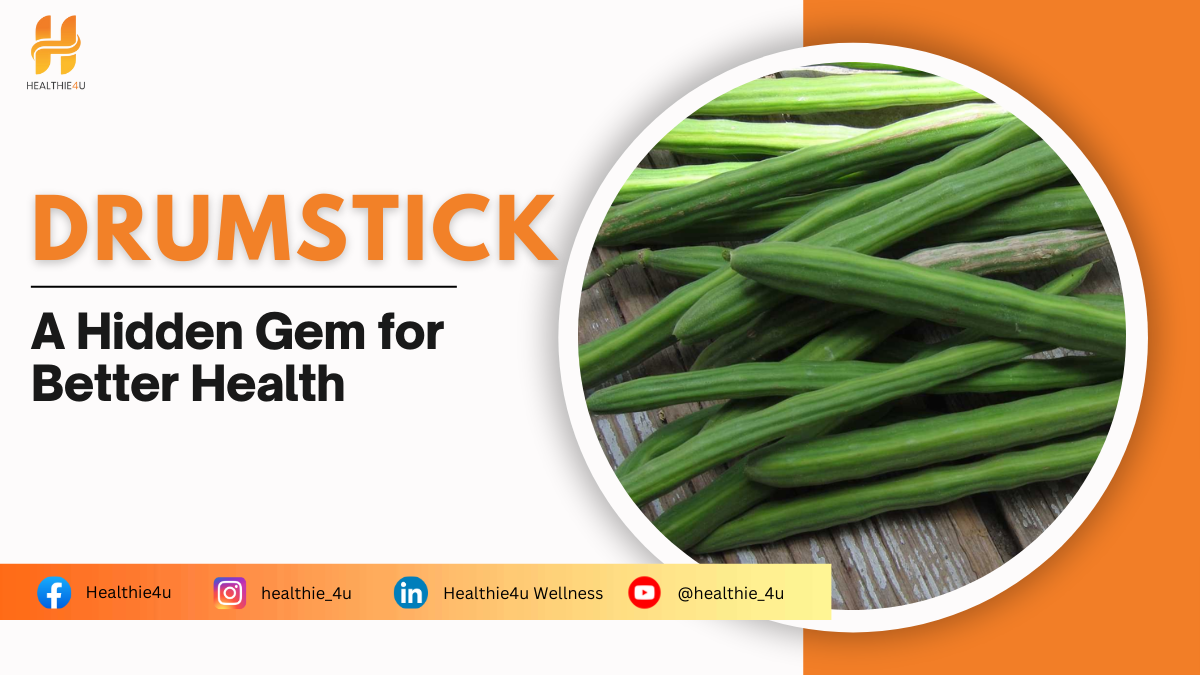

Drumsticks, also known as Moringa pods, are long, green, cylindrical pods from the Moringa tree, often referred to as the “Miracle Tree” due to their numerous health benefits. Native to parts of Africa and Asia, these pods are commonly used in cooking across various cultures, especially in Indian and African cuisines, where they’re known for their unique flavor and health-boosting properties.
What are Drumsticks?
Drumsticks are the pods of the Moringa tree (Moringa oleifera). They have a fibrous texture and a mild, slightly sweet taste when cooked. The pods contain small, nutritious seeds, but it’s the tender flesh inside the pods that’s typically used in dishes. Besides the pods, the leaves, flowers, and seeds of the Moringa tree are also known for their exceptional health benefits.
Nutritional Powerhouse
Drumsticks are not only delicious but also packed with nutrients, making them an excellent addition to any diet:
- Vitamins:
Drumsticks are loaded with vitamin C, vitamin A, and several B vitamins. Vitamin C boosts immunity and helps in skin repair, while vitamin A supports eye health and cell growth. - Minerals:
Drumsticks are rich in calcium, iron, potassium, and magnesium. These minerals contribute to bone health, muscle function, blood pressure regulation, and overall vitality. - Protein:
Unlike many vegetables, drumsticks provide a good amount of plant-based protein, making them a valuable option for vegetarians and vegans. - Antioxidants:
Drumsticks contain powerful antioxidants like flavonoids and polyphenols that help fight oxidative stress in the body and reduce inflammation. - Low in Calories:
Drumsticks are low in calories, making them an ideal choice for people watching their weight while still wanting to get a nutrient-packed meal.
Health Benefits of Drumsticks
Including drumsticks in your diet can have a range of health benefits:
- Strengthens Immunity:
Due to their high vitamin C content, drumsticks help boost the immune system and can aid in protecting against infections and illnesses. - Supports Healthy Digestion:
Drumsticks are rich in fiber, which aids digestion and helps maintain a healthy gut. They can prevent constipation and promote regular bowel movements. - Promotes Healthy Skin and Hair:
The vitamins and minerals in drumsticks, such as vitamin A, vitamin E, and zinc, are great for skin health, helping with everything from reducing acne to preventing premature aging. The antioxidants in drumsticks also promote healthy hair growth. - Regulates Blood Sugar:
Studies suggest that drumsticks may help regulate blood sugar levels, making them a good food choice for people with diabetes or those looking to maintain healthy blood sugar levels. - Enhances Bone Health:
With high levels of calcium and magnesium, drumsticks help maintain strong, healthy bones and teeth, potentially preventing conditions like osteoporosis. - Reduces Inflammation:
Drumsticks have anti-inflammatory properties, which can help reduce the symptoms of inflammatory conditions like arthritis and may help lower the risk of chronic diseases.
How to Cook with Drumsticks
Drumsticks are highly versatile in the kitchen and can be used in a variety of dishes. Here are some popular ways to enjoy them:
- Drumstick Curry:
In India, drumsticks are a key ingredient in sambar, a tangy and spicy lentil soup. They are often cooked with lentils, vegetables, and a blend of spices, creating a flavorful and nutritious dish. - Drumstick Soup or Stew:
Drumsticks can be added to soups or stews to provide flavor and nutrition. They pair well with other vegetables and can be boiled in broths for a comforting, nutrient-rich meal. - Stir-Fry or Sauté:
Chop the drumsticks into small pieces and stir-fry them with onions, garlic, and other vegetables for a quick and tasty meal. They absorb the flavors of the spices and other ingredients well. - Stuffed Drumsticks:
In some cuisines, drumsticks are stuffed with rice, vegetables, or meat, and then cooked to create a savory dish. - Smoothies or Juices:
You can use powdered drumstick leaves in smoothies or juices to get a concentrated boost of nutrients. This is a great way to enjoy the benefits of Moringa without cooking.
Conclusion
Drumsticks are an incredibly nutritious and versatile vegetable that can enhance both your diet and your health. Rich in vitamins, minerals, and antioxidants, they offer a wide range of benefits, from boosting immunity to promoting digestive health and healthy skin. Whether in curries, soups, or stir-fries, drumsticks are a delicious and easy way to incorporate more nutrition into your meals. So, next time you spot drumsticks at the market, consider adding them to your grocery list — your body will thank you!

